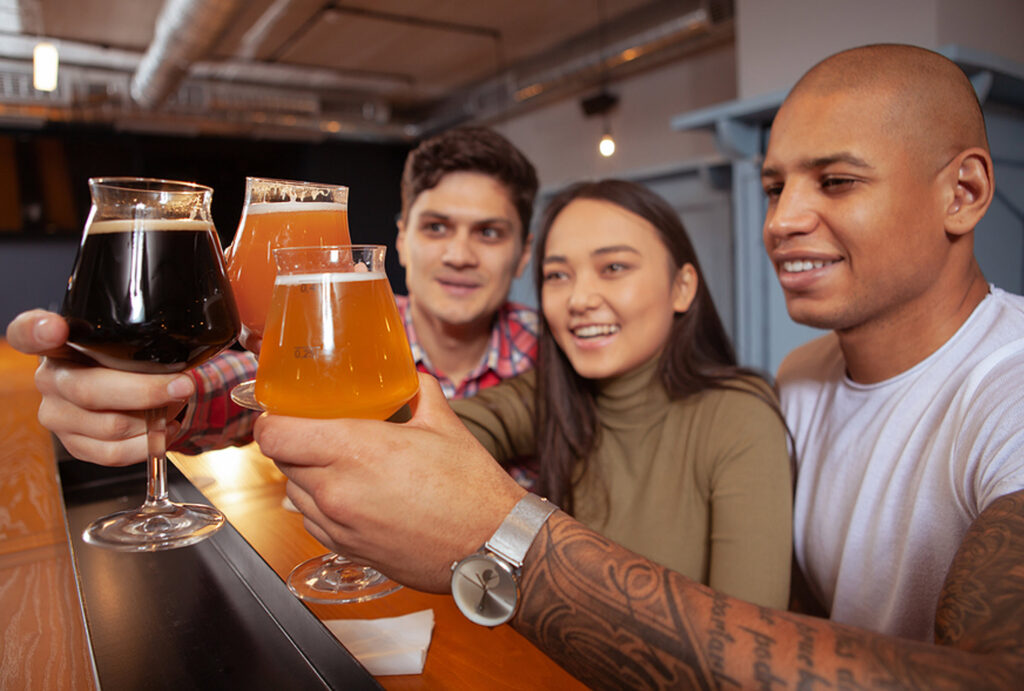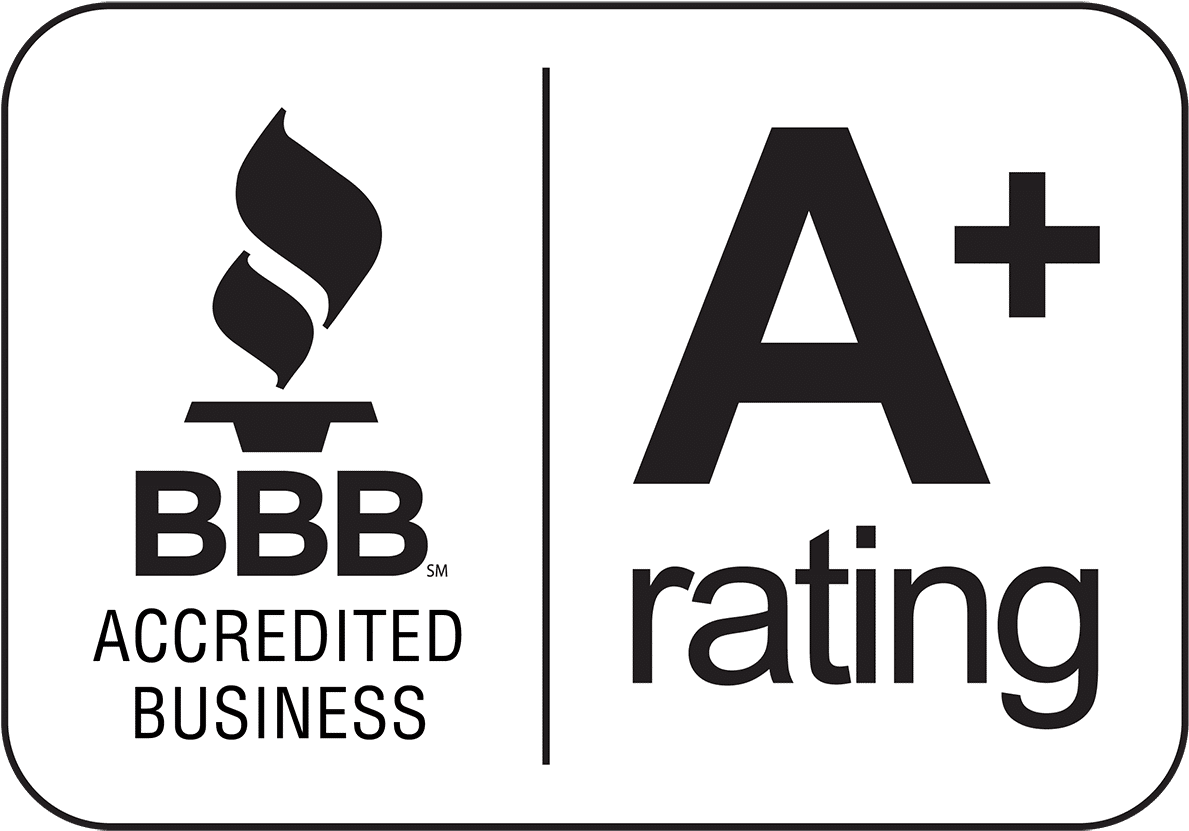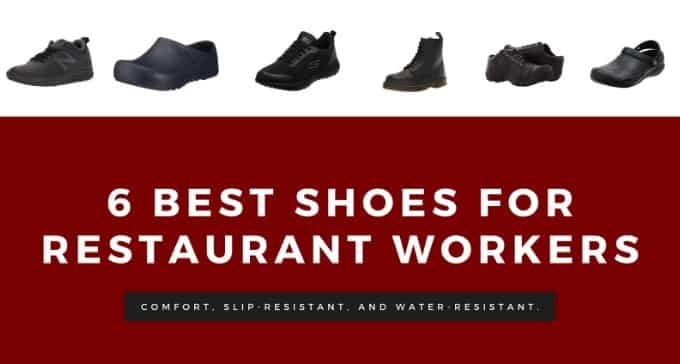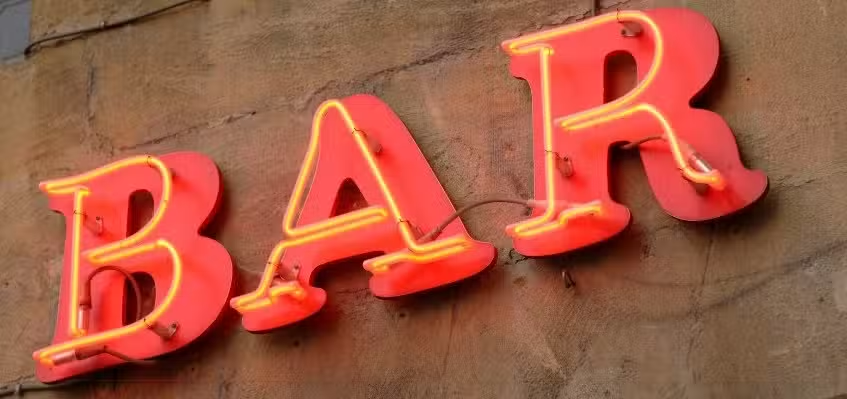To successfully navigate potential risks and liability issues at establishments that sell and/or serve alcohol (such as restaurants, bars, hotels, retail stores, etc.), owners and operators must manage or mitigate risk by implementing responsible alcohol training and certification for all staff—and it needs to be a priority.
Simply put: Owners and operators should train and certify employees in responsible beverage service, ensure they understand safety policies, and enforce these rules (or house policies) to support guest and establishment well-being. This level of education—for both managers and staff—can potentially help minimize risky behavior among team members and customers, addressing potential liability.
Serving Alcohol’s new white paper, “The Five Foundations of Safe Money: Reduce Liability, Protect Your Business, and Increase Profits Through Responsible Alcohol Training & Safety,” reviews alcohol-related liability and insurance, highlighting the importance of awareness. This blog post offers a summary of some of the white paper’s main points.
If you’d like to learn more, the “Safe Money” white paper is available now as a free download for owners, operators, and other professionals that sell and/or serve alcohol at their establishment. To access the white paper, click the button below.
The Power of Awareness: Understand Potential Alcohol Liability Issues

In the “Safe Money” white paper, Serving Alcohol advises owners and operators to understand their establishment’s possible liability risks, liability policy coverages, and policy limits related to responsible alcohol sales/service and safety practices. Lack of knowledge and understanding in these areas can potentially damage the success and longevity of a business.
To understand alcohol liability and the risks involved, owners and operators—as well as their entire team—should take a responsible alcohol training course and get certified (of course, many states and insurance carriers require it). Leading training providers like Serving Alcohol support businesses and professionals by offering state-approved courses on responsibly selling and/or serving alcohol for on-site or off-site/to-go.
Indeed, owners, operators, and their staff need the benefit of training (and ongoing training) to understand the legal requirements of selling and/or serving alcohol and the potential liability issues. They need to be trained to anticipate situations that could possibly become out of control and cause major damage to an establishment from operational, reputational, and financial standpoints. They also need to develop the ability to train patrons to self-control and modify the attitude of possible aggressive alcohol consumption. Consequently, owners and operators must be proactive with responsible alcohol training and make it a priority to help avoid potential losses.
The Power of Awareness: Understand Your Alcohol Liability Insurance Policy

In addition to understanding the potential risks and liability issues, owners and operators should fully understand their alcohol liability insurance policy and related risk management.
Alcohol liability insurance (sometimes referred to as liquor liability insurance or dram shop insurance) is required for establishments that sell and/or serve alcohol, considering the potential risks surrounding selling and/or serving alcohol.
This type of insurance is simply an agreement between an insurance provider and a business owner and staff to provide financial compensation when possible unforeseen events occur.
The insurance policy covers things like death, loss, and damage, by providing the policyholder with financial compensation or liquor liability coverage limits.
The policy generally covers liability (or responsibility for something by law) when something happens out of a business’s control or that could possibly be preventable under its control (such as having all staff complete a responsible alcohol training and certification course).
When it comes to alcohol liability insurance, owners and operators should never assume what their policy entails. Thus, it’s best to do an annual insurance review with an insurance agent.
Review Your Alcohol Liability Insurance Policy on an Annual Basis

When looking at alcohol liability insurance and an establishment’s risk, meet with your insurance agent and see if the policy is outdated. Are there any possible oversights with the policy? Does the policy need to be rewritten in any way? Does the business lack enforcement related to any of the items in the policy?
Stay on top of what the insurance liability policy covers and doesn’t cover. Many owners and operators may or may not have a lack of understanding of insurance policy exclusions. For example, possible assault and battery charges as they relate to alcohol—does the business have coverage for that? What about seller-server discrimination as a potential liability when it comes to alcohol? The fact that something is legal, such as cocktails with THC (tetrahydrocannabinol—the psychoactive compound found in the cannabis plant) or other THC-infused drinks, may not mean your insurance covers it. The sale of cannabis-infused drinks can significantly impact your liability insurance and what insurance carriers will cover and, most likely, what they will not. Ensure there’s no confusion by reviewing your liability insurance policy with your carrier.
When reviewing your policy with your insurance provider, pay attention to any changes in regulations that allow something new, and then validate your coverage. Look for anything that needs to be updated or changed and look for opportunities to reduce the business’ insurance rates. Internal insurance company risk evaluations of house policies can possibly aid in reducing unnecessary insurance charges.
Once you’ve reviewed your policy with your insurance agent, ask yourself:
- Are there any alcohol liability insurance risks that my business needs to correct, from a staff and operational standpoint? Employees must be aware of the value of their preventative security observations.
- Do I need to provide more staff training through a provider like Serving Alcohol?
- Do I possibly need to purchase safety equipment, such as cameras?
- Do my insurance policy, in-house policies, staff training, and documentation all align? Do I post house policies that inform patrons of the conditions of entry?
- Does the business possibly need to do a better job of onboarding and training staff with responsible alcohol service, in addition to offering and requiring ongoing training opportunities?
- Does the business possibly need to implement a rewards system to ensure staff complete their responsible alcohol training and certification?
Businesses and owners/operators that 1) focus on responsible alcohol training and certification for staff, 2) understand potential liability issues and risks, and 3) know what their liability insurance policy covers and doesn’t cover will most likely be the ones who see their businesses stay ahead of safety issues, maintain a safe environment, and experience longevity (i.e. they make “safe money,” which is explained in detail in the “Safe Money” white paper).
Serving Alcohol Can Help Owners, Operators, and Their Entire Staff
Questions about Serving Alcohol’s responsible alcohol training and certificate courses (sometimes called an alcohol certificate, bartender or bartending license, alcohol server permit, or responsible alcohol seller/server certificate)? We’re here to help. Call us at (844) 273-7825, email info@servingalcohol.com, or download our helpful info sheet, which outlines the reasons why you should choose Serving Alcohol as your training and certification provider. The info sheet also explains how a business owner/operator/manager can easily set up a business account and manage staff training.










